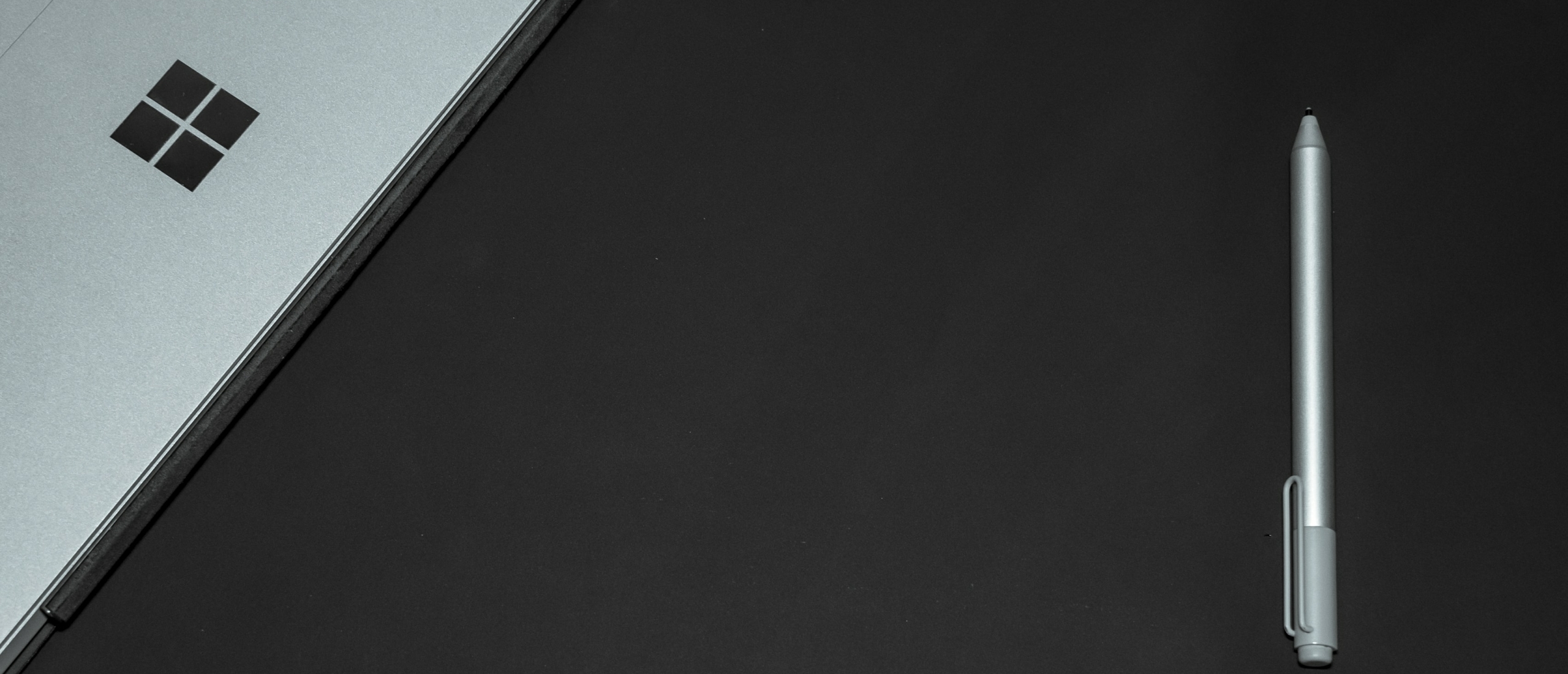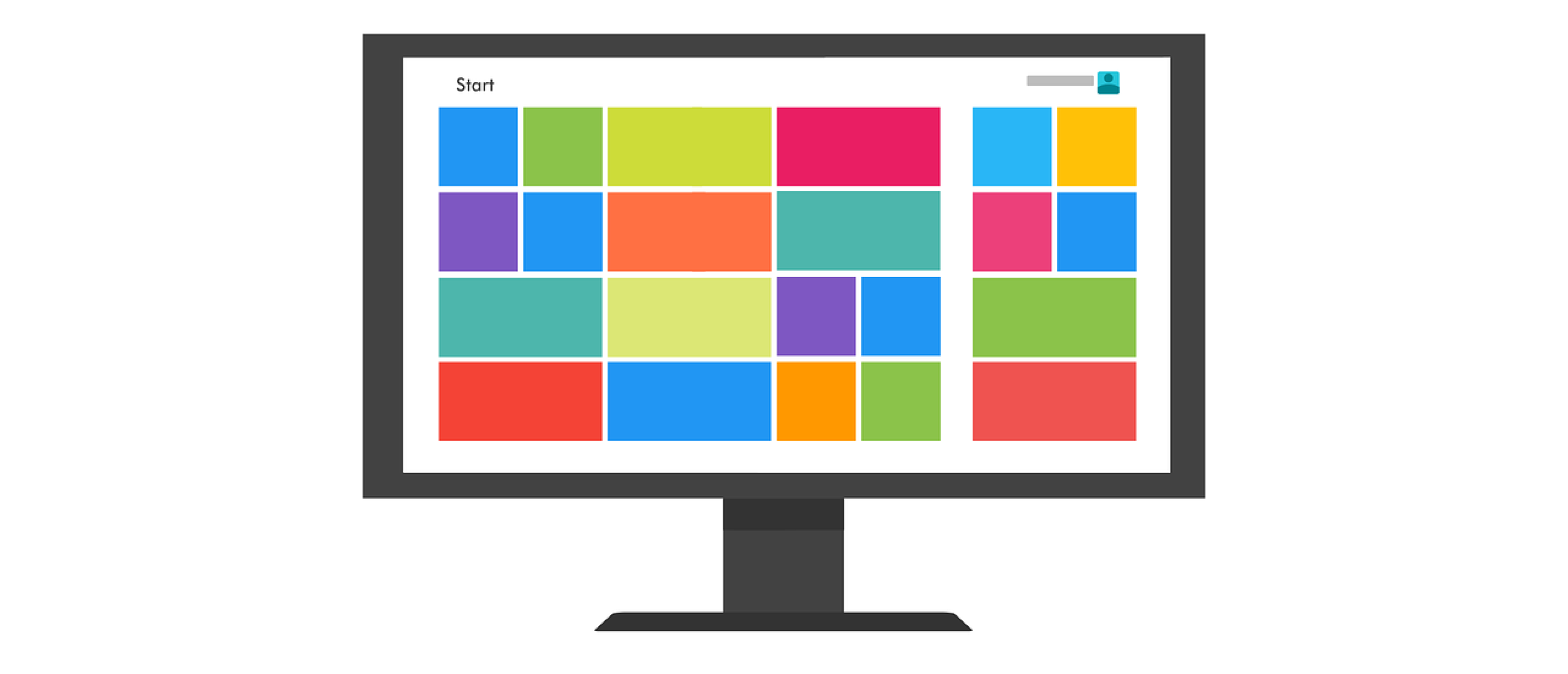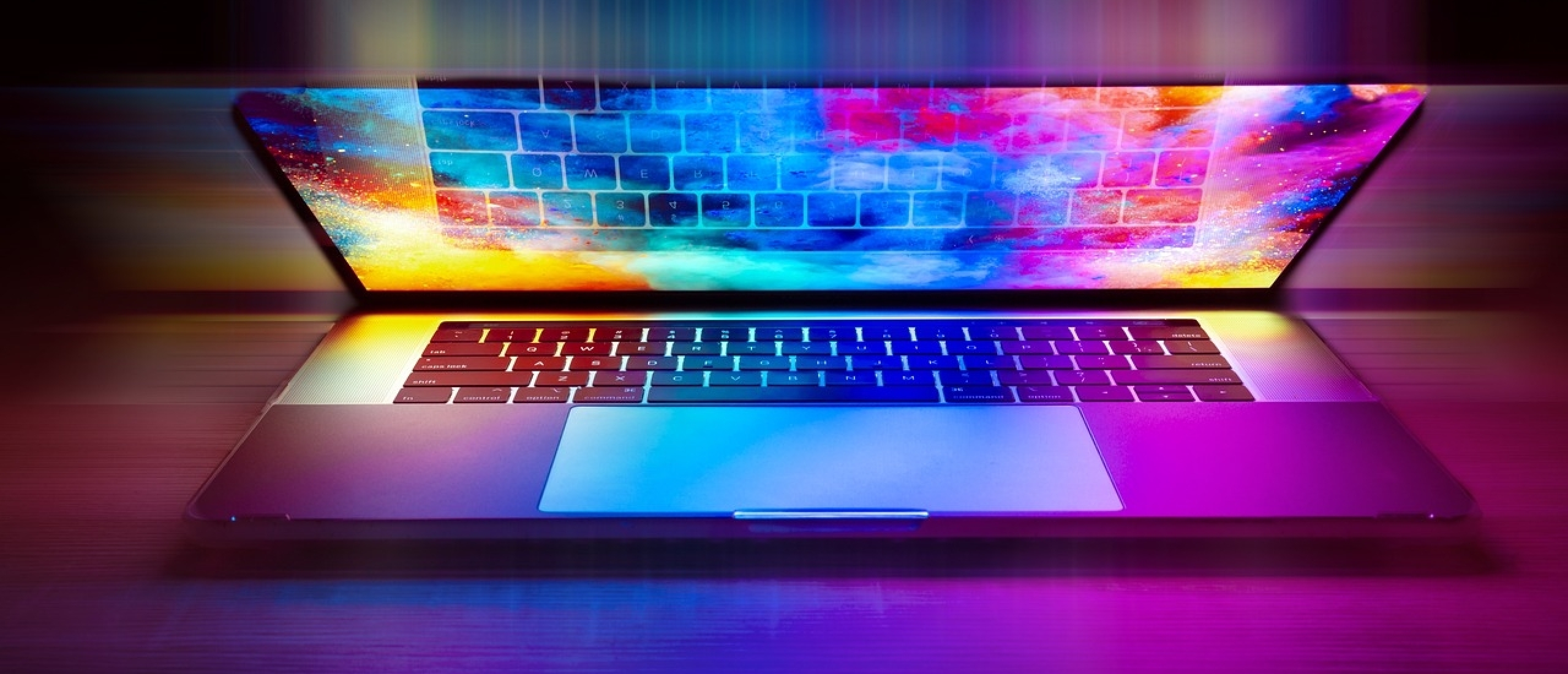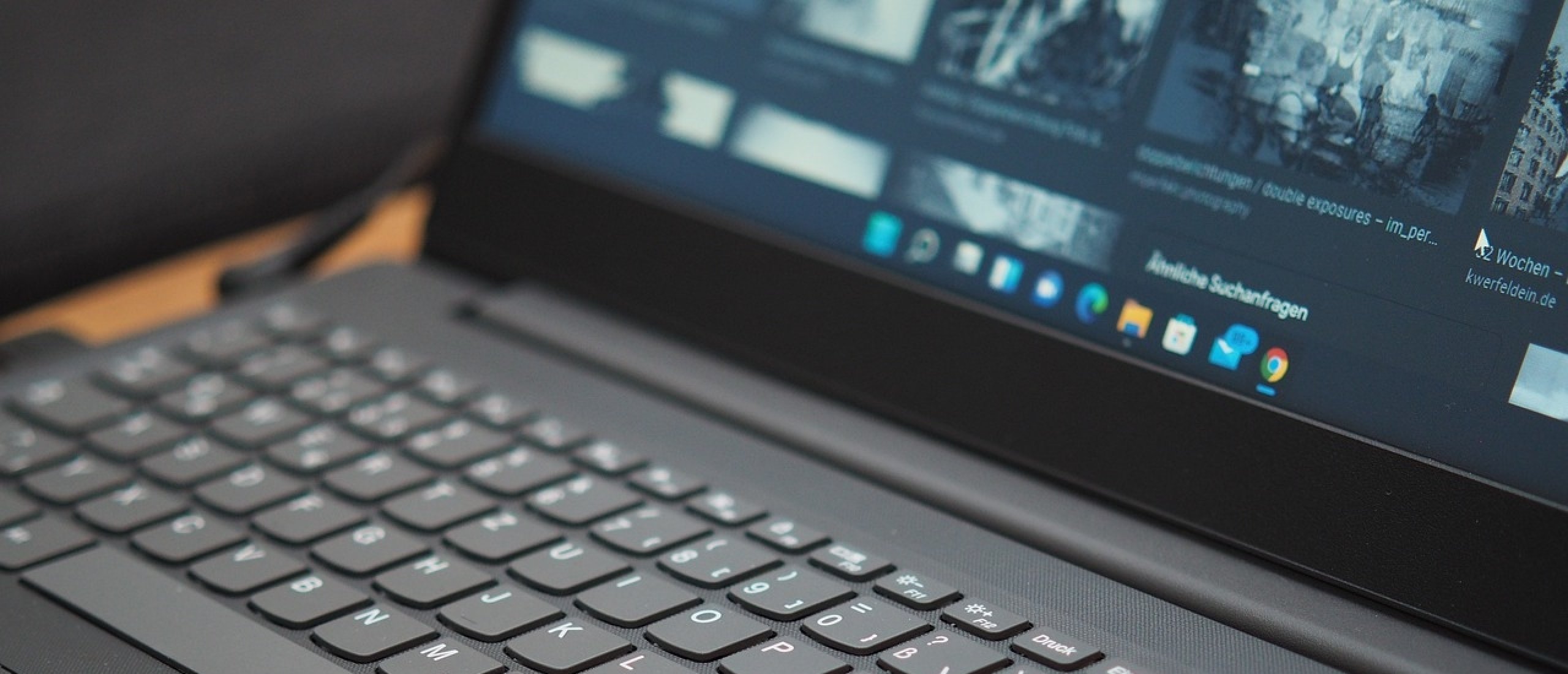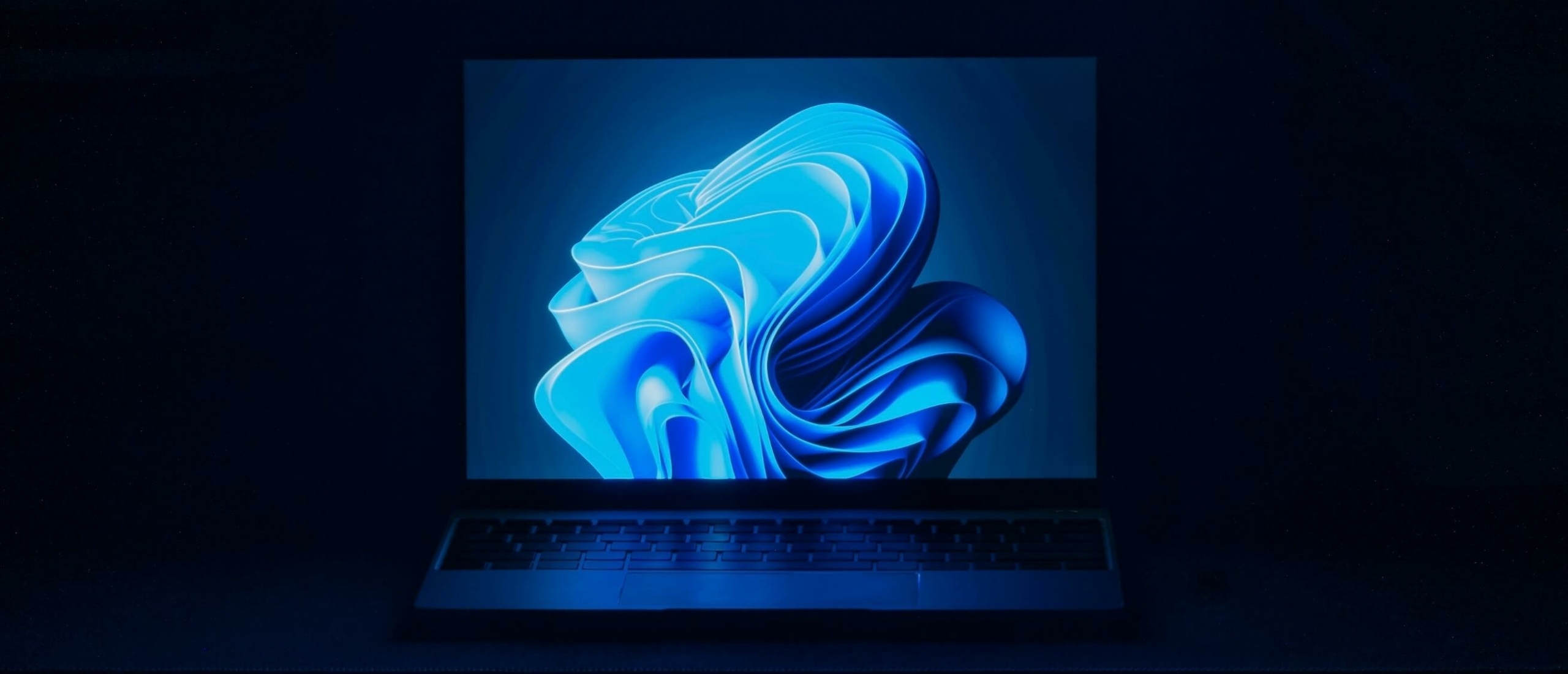
Windows 11 is Microsoft’s latest operating system and introduces a range of new and exclusive features. Microsoft will end support for Windows 10 on October 14, 2025. This means your business must take action before the End of Support is reached. Users with a legitimate Windows 10 installation can upgrade to Windows 11 for free, provided their device meets the minimum system requirements. Although the upgrade is free, it is not immediately available to everyone. In this article, you will learn more about upgrading to Windows 11.
What’s New in Windows 11?
New features
One of the new features in Windows 11 is Focus Sessions. With this addition, you can manage undistracted time to improve your efficiency. Due to the importance of Microsoft Teams, Teams Chats have been added to the Windows taskbar. This way users can always easily connect with other people irrespective of their operating system (Android, iOS, or Windows). For example, when your conversational partner does not use Microsoft Teams app, Teams Chats enables the two-way communication through SMS.
Windows 11 also comes with improved security tools Windows Security and Microsoft Defender. These features include a security alarm that prevents hackers and malware from accessing your data. Additionally, Windows 11 protects your device from unauthorized access by requiring identity validation whenever someone requests access to your system. A further level of protection ensures that your device only runs valid software. In case your device is attacked by a virus or a malware, the Windows Security and Microsoft Defender, enabled by the updated CPUs, will reduce its impact. All new Windows 11 security features have led to an overall malware reduction of 60%.
Another addition to Windows 11 is the increased support for Amazon Store that gradually replaces Google Play as an app store. Users who upgrade to Windows 11 can now purchase and run Android apps on their PCs.
Read about everything you need to know about Windows 11.
Improved overall performance
The updates of Windows 11 will be about 40% smaller than they are at the moment. Since the updates will take place in the background, you can continue working while the upgrade process is ongoing.
Improved Intel Core interaction with operating system
Users with intel core CPU can now benefit from improved cores performance and efficiency. This is ensured through the collaboration between Microsoft and Intel which resulted in Thread Director. This software API acts like a bridge between your operating system and the cores’ functionalities.
Upgrading from Windows 10
Upgrading from Windows 10 to Windows 11 is free and straightforward, provided your device meets the minimum system requirements. This includes a compatible processor, TPM 2.0, UEFI Secure Boot, and sufficient memory and storage.
An OEM license (Original Equipment Manufacturer) is usually pre-installed on new hardware and is common among end users and smaller businesses. Devices with a Retail or Volume license may also qualify for the free upgrade, as long as the hardware meets the requirements.
So far, the upgrade has remained free, and Microsoft has not announced an end date. However, the company reserves the right to end this option at any time. For comparison, a direct upgrade from Windows 7 or Windows 8 to Windows 11 is no longer possible.
Windows 11 will benefit from an improved and extended support
Since Windows 11 is the most recent operating system, it will also benefit from an improved and extended support. Moreover, new and exclusive features will be available with Windows 11, which will be supported for a long time, such as new security tools and Teams Chats. Since Windows 11 comes with improved Smart App Control and Defender SmartScreen features, users don’t have to worry about malicious apps and phishing websites.
Upgrade to Windows 11
In order to upgrade to Windows 11, users need a Windows 10 license, whether is a Retail, OEM, or Volume license, as long as the conditions tied to each version are respected. If for example your device is equipped with Windows 10 Retail, you can perform the free upgrade to Windows 11, regardless of the device, as licenses are transferable. In cases where the user has an EOM Windows 10 license installed on his device, the upgrade to Windows 11 is possible, but can only be done on the given device as per the OEM licensing conditions. In the case of volume licensing, licenses are not intended to be transferable, so upgrades to Windows 11 must be done on the assigned device. While some licensing agreements might allow the reassignment of licenses to new devices within a company, the licenses are generally tied to specific devices.
Depending on the specific context, organizations might want to keep their Windows 10 licenses as the upgrade conditions might not fit their operational needs, or might require them to acquire brand new Windows 11 licenses.
Windows 10 is still supported
The end of support date for Windows 10 is October 14th2025. This means that if users do not need the added features of Windows 11, there is no need to upgrade immediately. Windows 10 will continue to receive monthly security updates until its End of Life date, after which the upgrade to Windows 11 is highly recommended to ensure continued security. Therefore users who are concerned by the security of their data do not necessarily need to switch to Windows 11 yet.
Read more about the differences between Windows 10 and Windows 11.
When should I upgrade to Windows 11?
Windows 10 will be supported until October 14th 2025 which is why you don’t have to rush and upgrade to Windows 11 in a short notice. In fact, according to the latest statistics available, out of all Windows users, 48.9% are still using Windows 10 and 47.8% use Windows 11. Despite Microsoft’s focus being mainly on Windows 11, statistics indicate that almost half of Windows users still prefer Windows 10 as their main operating system. This could be due to familiarity, company preferences, or program requirements. On the other hand, Windows 11 includes new and exclusive features which can be beneficial or even necessary for some users. Hence, the decision whether to upgrade to Windows 11 or continue using Windows 10 depends almost entirely on your own requirements, as long as Windows 10 is supported.
Requirements to upgrade to Windows 11
Upgrading from Windows 10 to Windows 11 comes with several requirements:
- Operating system: Windows 10 (Version 2004 or later)
- CPU’s: 1GHz or faster with at least 2 cores, compatible 64-bit processor, or SoC.
- RAM: at least 4 GB +
- Storage: at least 64GB (if you want specific features and updates you may need extra storage to b able to download them).
- TPM: Trusted Platform Module (TPM) version 2.0
- System firmware: UEFI, Secure Boot
- Graphics card: must be compatible with DirectX 12 or later with a WDDM 2.0 driver
- Display: high-definition (720p) display with at least a nine inch diagonally or greater, with 8 bits per colour channel
- Internet: internet connectivity and a Microsoft account
Do you have questions? Contact us!
For more information about which Microsoft software and licenses are best for you, please contact us. We are available from Monday to Friday from 9 a.m. to 5 p.m.



